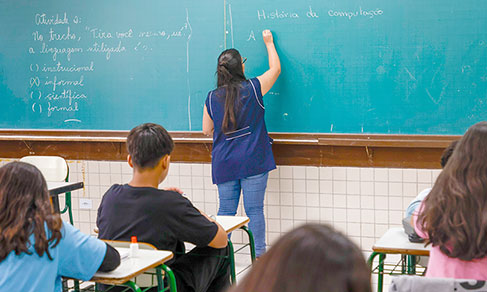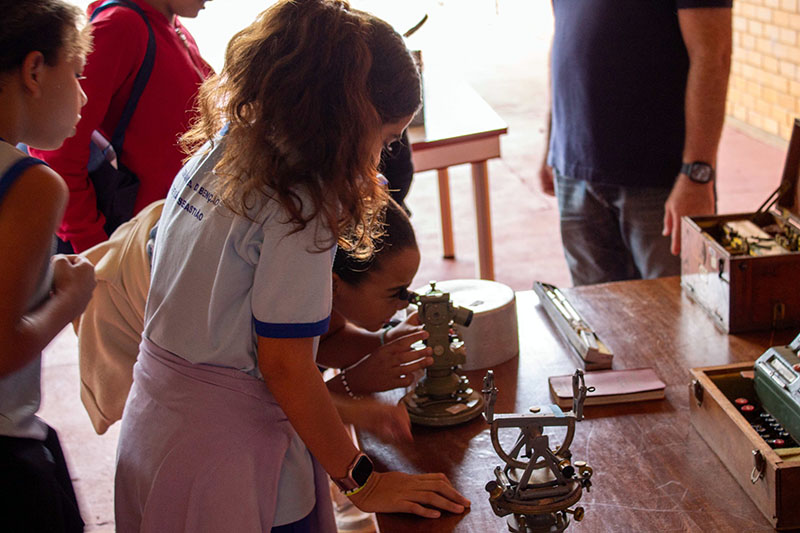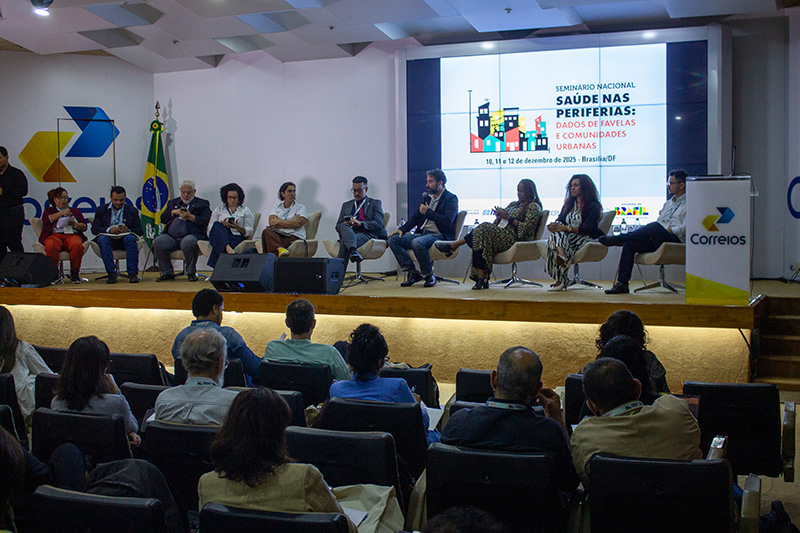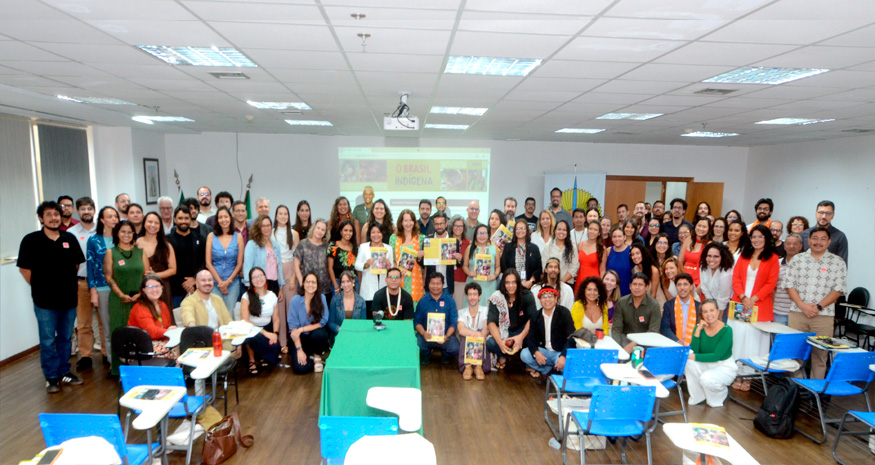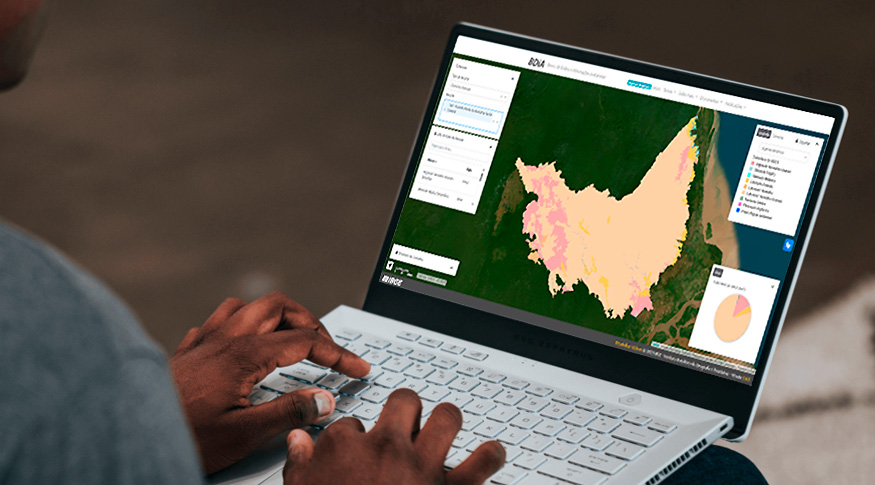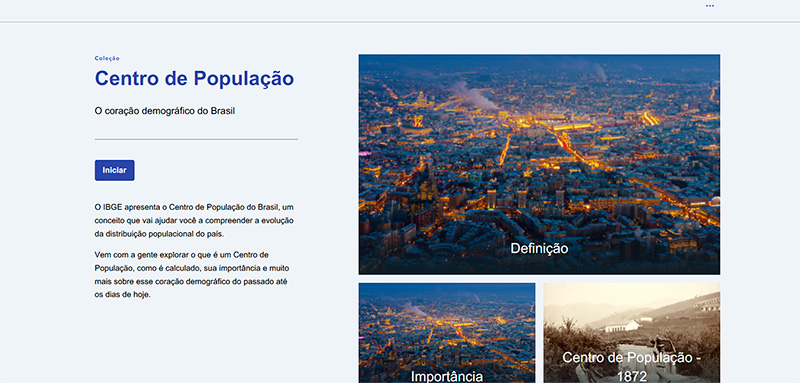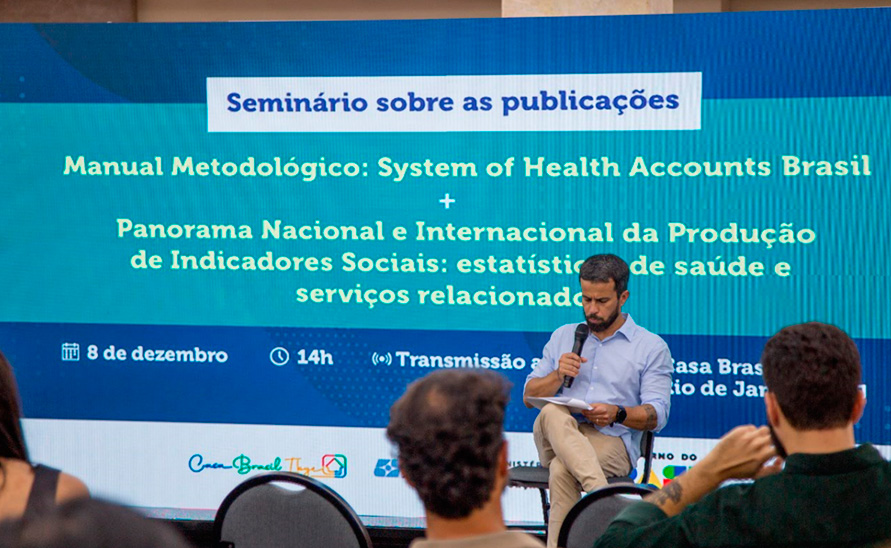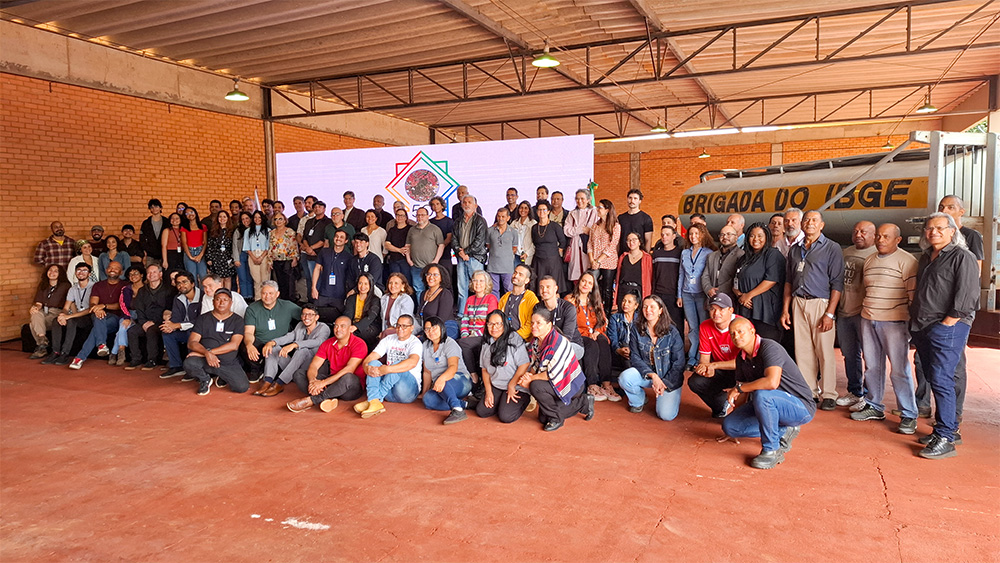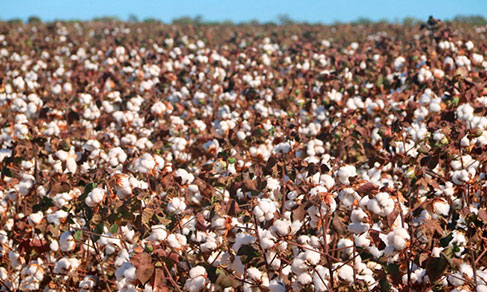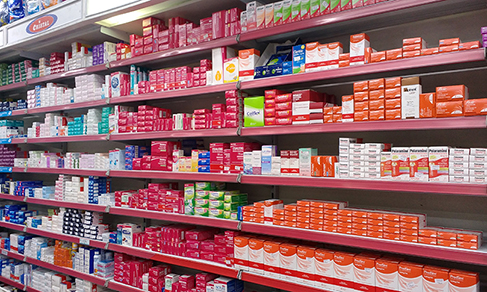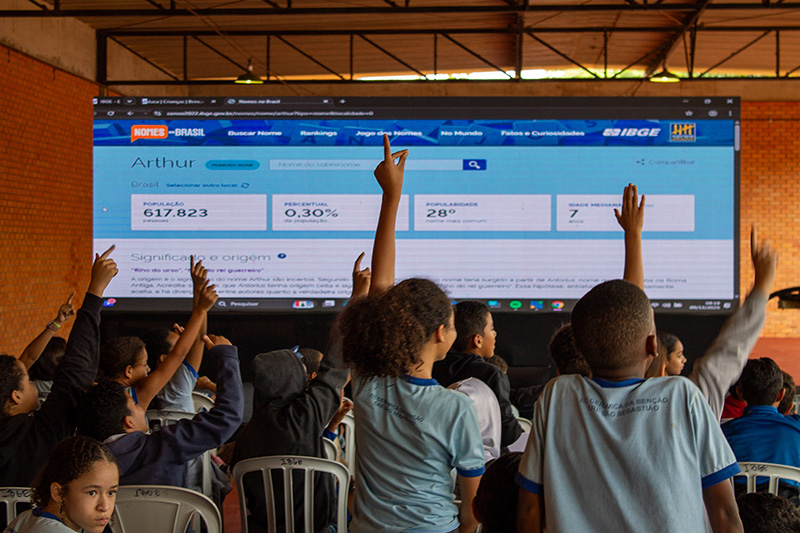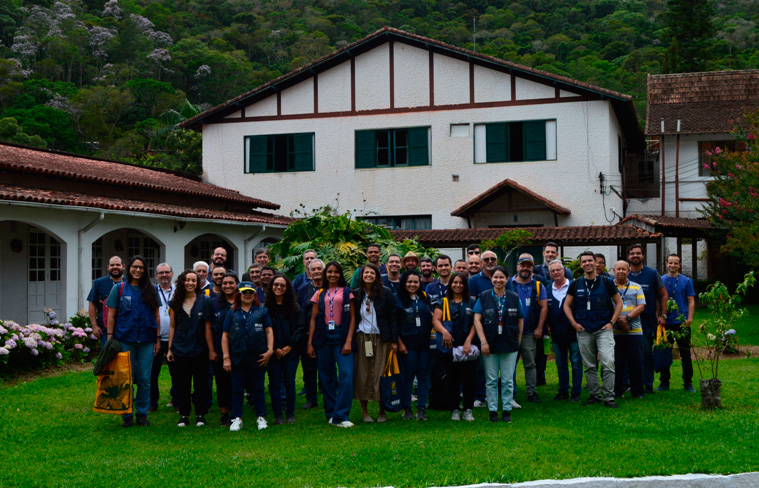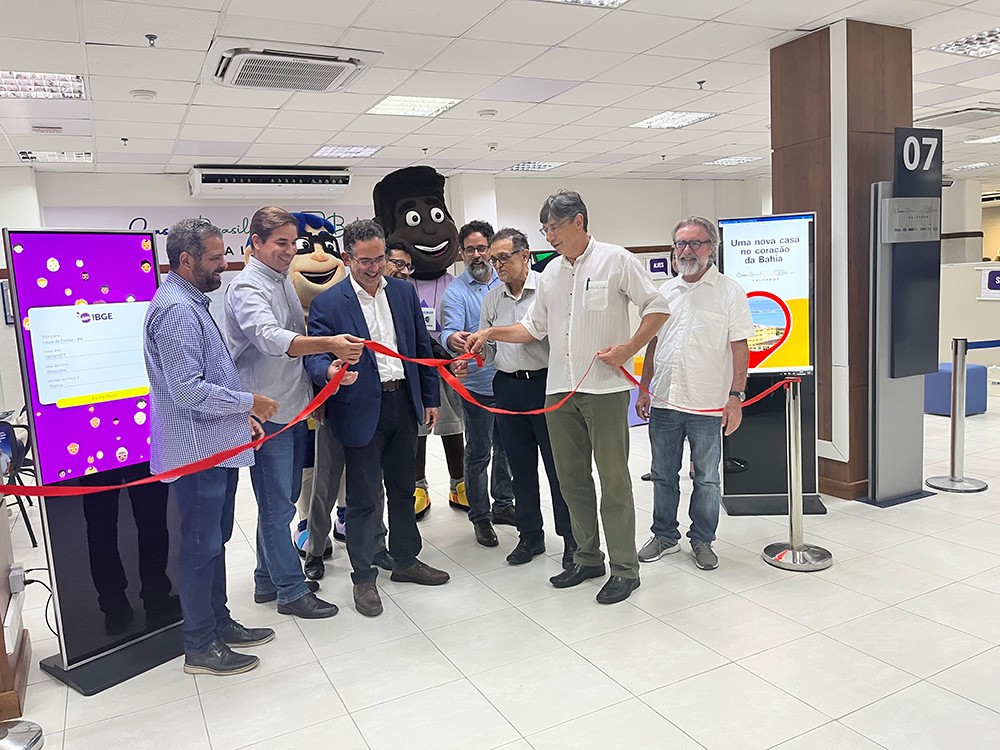Annual Survey of Trade
Retail trade sales change by 0.1% in November and remain stable for the second month
January 17, 2024 09h00 AM | Last Updated: January 19, 2024 02h23 AM
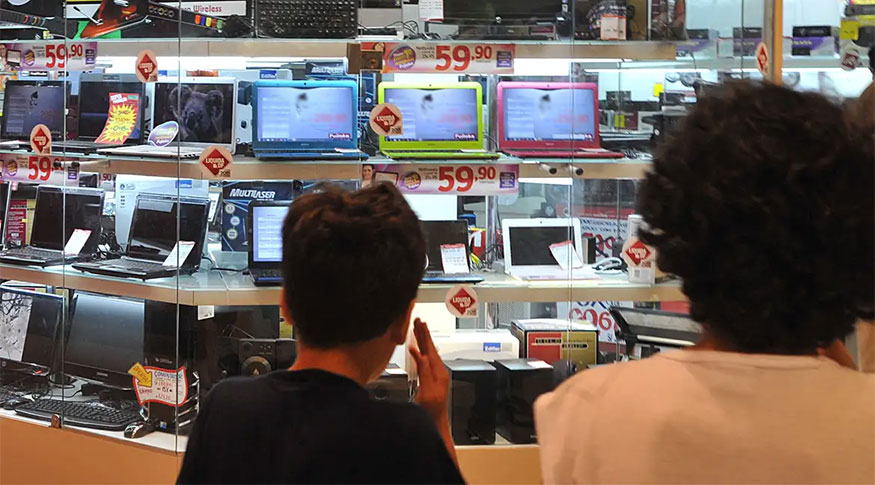
Between October and November last year, retail trade sales in Brazil changed by 0.1% For the second consecutive month, this indicator remained stable from the preceding month, since in October there had been a change of -0.3%. As a result, the sector is 1.9% below the record in the time series, of November 2020, and it is 4.5% above the pre-pandemic level of February in the same year. The cumulative index in the year reached 1.7% and the cumulative index in the last 12 months, 1.5%.
“Trade was on an upward trend in 2023, but without significant increases month by month. The sector recorded results close to zero. Except for January, the rest of the year either recored stability of very low rates,”, says the manager of the survey, Cristiano Santos.
Among the eight activities, six recorded positive results in November. The main impacts on the general index came from Office, computer and communication equipment and material (18.6%), Furniture and household appliances (4.5%) and Fabric, wearing apparel and footwear (3.0%).
The manager of the survey says one of the factors accounting for this result is the Black Friday, which takes place in the end of November, and in 2023, helped keep sales stable. He explains that four activities are influenced by Black Friday: Fabric, apparel and footwear; Furniture and household appliances; Office, computer and communication equipment and material; and Other personal and household articles.
“The activity recording the biggest increase was Office, computer and communication equipment and material, which advanced by 18.6%, followed by Furniture and household appliances (4.5%). Besides Black Friday, the factor that most contributed to the performance of Office, computer and communication equipment and material was the depreciation of the dollar, which dropped by 2.5% in November, and added to the sales of computer products,” Mr. Santos explains.
The other activities with positive results were Fuels and lubricants (1.0%), Other personal and household articles (1.0%) and Hypermarkets, supermarkets, food products, beverages and tobacco (0.1%).
“The influence of Hyper and supermarkets is huge, about 50% of the indicator. There have been no increase of this activity in the last two months, although the result in the year (3.5%) is positive. With the increase of real earnings and in employment, some people may be spending their money to pay debts and avoid conumption,” the manager adds.
Books, newspapers, magazines and stationery (-1.5%) and Pharmaceuticals, medical and orthopedic articles and toiletries (-1.6%).
“Pharmaceuticals, medical and orthopedic articles and toiletries recorded only two drops in the year, in January (- 0.9%) and November (-1.6%). There was a drop of -0.3% in june, but that is still considered stability. The activity had a cumulative increase of 4.3% in the year. Toiletries accounted for drops in january and november,”Mr. Santos says.
Sales advance 2.2% against November 2022
From November 2022, retail sales increased by 2.2%, sixth positive result in a row for this indicator. Five out of eight activities surveyed advanced: Office, computer and communication equipment and material (18.1%), Fabric, apparel and footwear (6.1%), Furniture and household applainces (5.2%), Hyper and supermarkets, food products, beverages and tobacco (5.0%) and Pharmaceuticals, medical and orthopedic articles and toiletries (4.1%).
On the other hand, sales of three activities dropped: Other personal and household articles (-5.9%), Books, newspapers, magazines and stationery (-5.3%) and Fuels and lubricants (-1.7%).
Sales fell in 12 of the 27 Federation Units against October
In November, from october, 12 Federation Units recorded rise in sales, the main highlights being Espírito Santo (13.3%), Paraíba (1.8%) and Amapá (1.6%).
The advance of 2.2% of retail in the country, against the same period in 2022, took place in 18 of the 27 Federation Units, the main ones being Espírito Santo (12.4%), Maranhão (11.7%) and Ceará (8.0%). On the other hand, nine of the 27 Federation Units recorded negative rates. The highlights were: Paraíba (-16.4%), Roraima (-5.2%) and the Federal District (-4.7%).
More about the survey
PMC produces indicators to monitor the short-term behavior of retail trade in Brazil, investigating the gross revenue of formal enterprises with 20 or more employed persons and whose major activity is retail trade.
Having started in 1995, the PMC presents monthly results of changes in sales volume and nominal revenue for retail trade and extended retail trade (cars and construction material) for Brazil and Federation Units. The results are available at Sidra.



